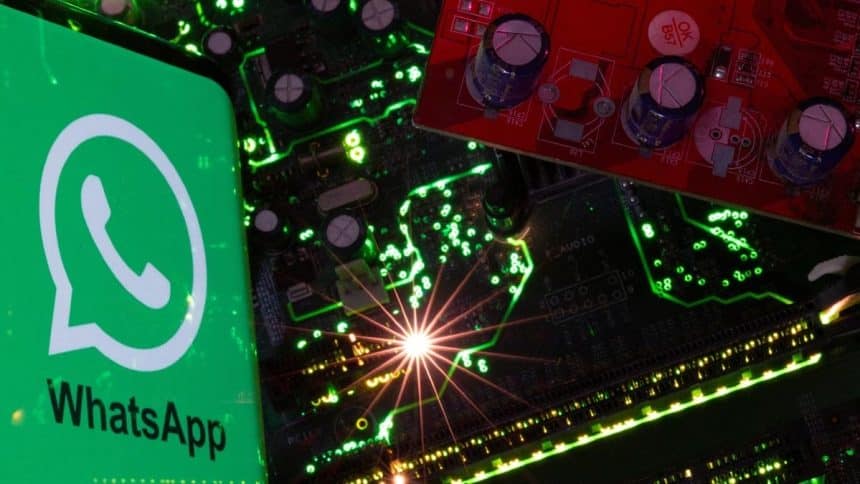WhatsApp, the popular Meta-owned messaging program, has told the Delhi High Court that it will “exit India” if compelled to break message encryption. Advocate Tejas Karia told the court that users use the messaging program for privacy. And stated that all messages are encrypted from end to end. “As a platform, we are saying, if we are told to break encryption, then WhatsApp goes,” said the lawyer representing the company. WhatsApp stated that the provision infringed on users’ privacy and was implemented without consultation.
WhatsApp to stop working in India?
This comes after the High Court scheduled hearings on applications. Applications filed by WhatsApp LLC and its parent firm, Facebook Inc. (now Meta), for August 14. Contesting the 2021 content technology (IT) standards for social media intermediaries, which require messaging apps to monitor talks and identify the originating source of content.
The Center previously informed the court that Facebook and WhatsApp exploit users’ information for business and commercial objectives; thus, they cannot claim to guarantee privacy. On February 25, 2021, the government announced the Information Technology (Intermediary Guidelines and Digital Media Ethics Code) Rules, 2021. Which required significant social media platforms such as Twitter, Facebook, Instagram, and WhatsApp to comply with the newest norms.
WhatsApp’s encryption will be broken by mandate
In response to the statements, Advocate Kirtiman Singh, who was representing the Central government. She stated that it is critical to trace message originators, especially given the current circumstances. The stakes are enormous on both ends, given that India is WhatsApp’s largest market, with over 500 million users.
- Advertisement -
Multiple government agencies also utilize the app to deliver critical information to citizens in real-time. He also stated that the rule surpasses the Information Technology Act, which states encryption will be broken by mandate. The court deferred the matter to August 14, where it would be heard alongside other cases challenging IT Rules 2021.



